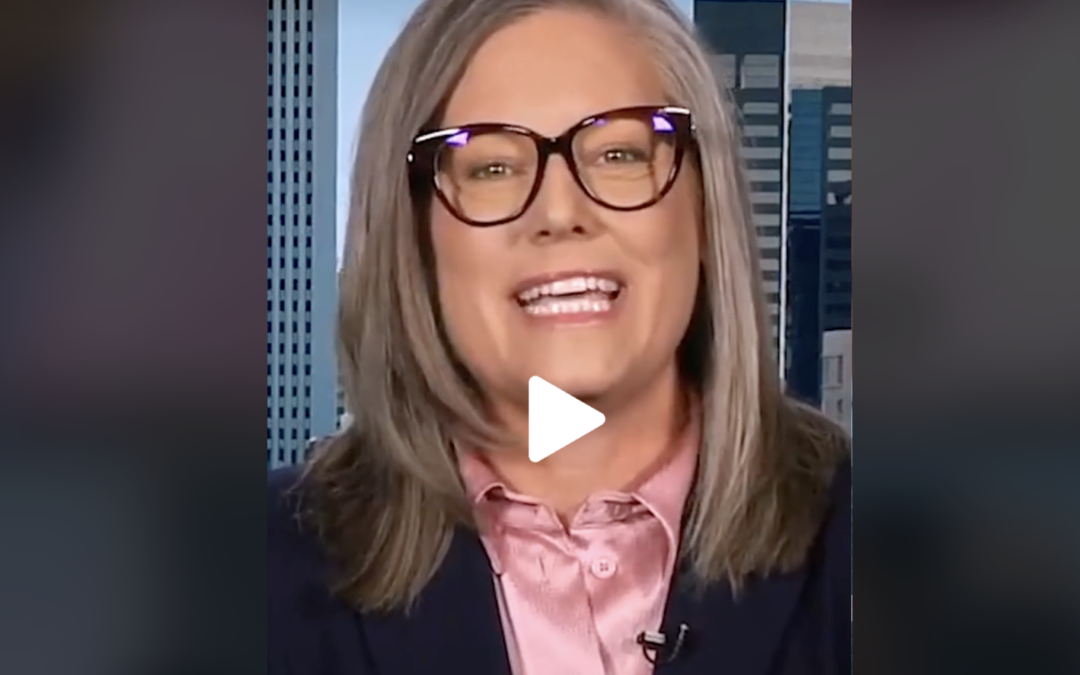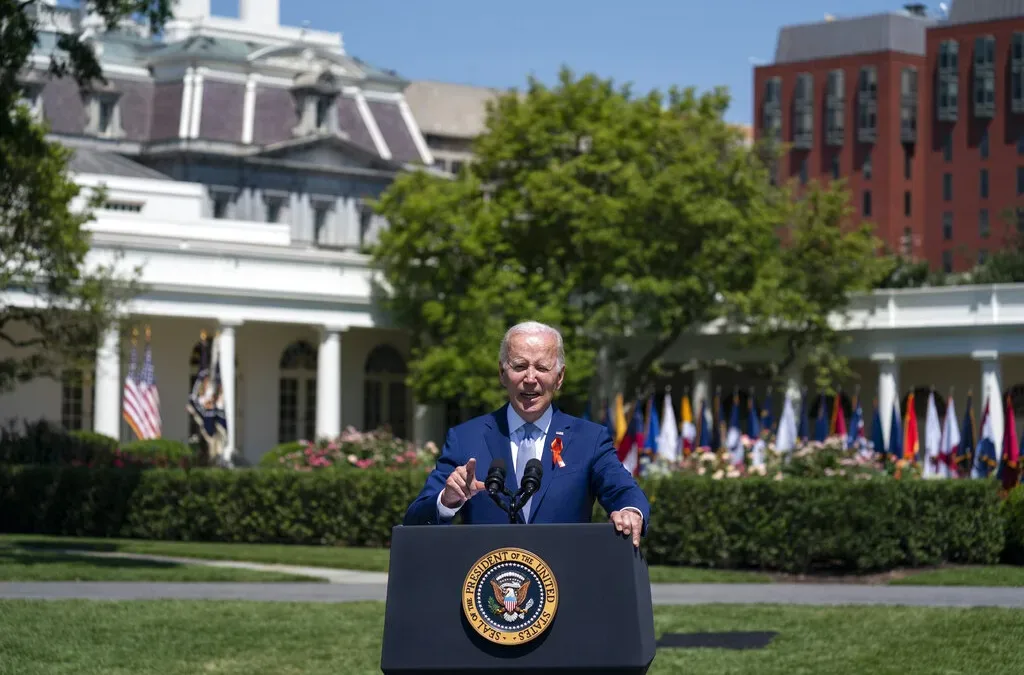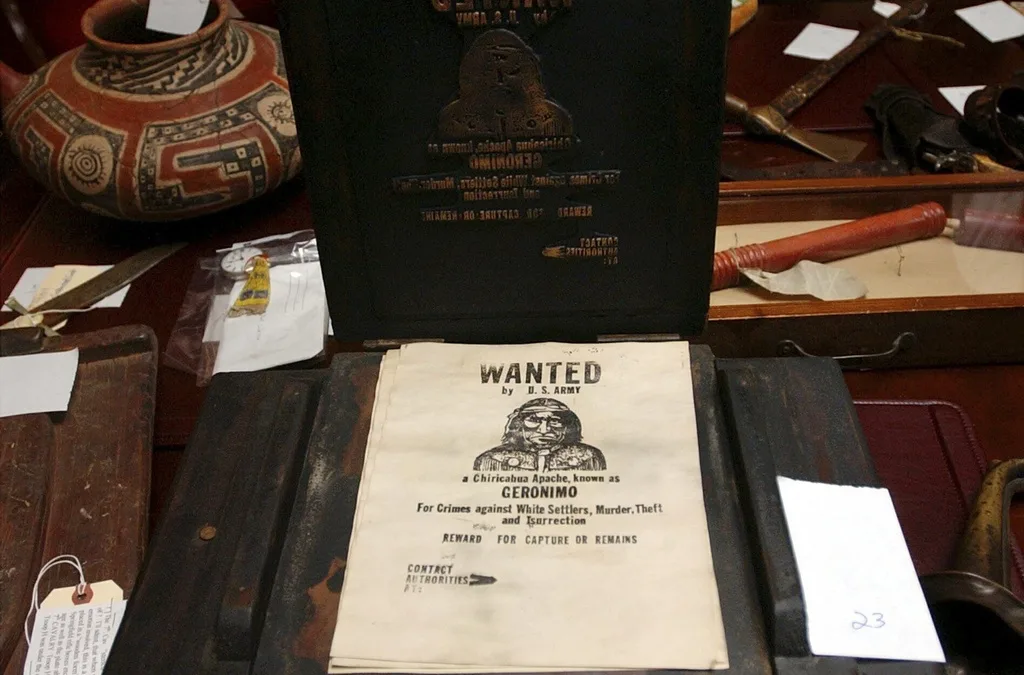
People gather in an empty lot near the Human Services Campus in downtown Phoenix.
Some of Phoenix’s most vulnerable are being tasked with an impossible decision: risk contracting COVID, or expose themselves to the harsh summer weather?
The COVID-19 pandemic has left Phoenix residents experiencing homelessness in an increasingly difficult situation, and County and City officials have found themselves at odds with one another in finding a solution.
Most recently, local officials have different takes on how to help those without a place to live maintain safe hygienic and social distancing practices. Maricopa County officials have repurposed outdoor space that is not being used — mainly parking lots — in downtown Phoenix designated to provide housing for the city’s unhoused residents during the coronavirus outbreak.
According to The Arizona Mirror, the state’s largest county opened three “sleeping spaces” for approximately 200 to 500 homeless people in downtown Phoenix near the Arizona State Capitol. There are reportedly various social service agencies nearby.
RELATED: Rent, Unemployment Insurance, and Other Important COVID-19 Deadlines: What You Need To Know In AZ
In fact, the Human Services Campus, the largest shelter system in the state, is just south of the downtown Phoenix area.
The parking lots are guarded by armed security and include port-a-potties and handwashing stations for those who choose to sleep in the lot and might otherwise not have access to these basic necessities.
When they first set up the lots, county officials only intended the spaces to be temporary. A spokesperson from Maricopa County said the parking lots were made available to give the homeless population the option to socially distance as opposed to staying in concentrated living spaces, encampments known to some as “tent cities.”
But according to City of Phoenix Spokesperson Tamra Ingersoll, the parking lots qualify not just as temporary living spaces, but as shelters. Ingersoll told The Arizona Mirror that the spaces, “are connected to case management and with provided services of water and bathrooms and designated space,” and offer similar services to other shelters in the area.
While the open space somewhat reduces the risk of spreading the coronavirus, it opens those saying in the lots to another danger: heat. The National Weather Service has issued an excessive heat warning for central Arizona for the rest of the week, and temperatures will likely remain high until September.
Approximately 2,000 people in Arizona are hospitalized due to heat-related illness every year, and the Arizona Department of Economic Security reports that those experiencing homelessness are at a much higher risk of suffering from a heat-related illness than residents with stable housing.
Continue Reading: What Could Happen When Arizona’s Eviction Moratorium Ends This Month
Politics

VIDEO: Arizona Gov. Katie Hobbs calls 1864 abortion ban ‘absolutely outrageous’ on ‘The View’
@coppercourier Former President Donald Trump and US Senate candidate Kari Lake have both attempted to cover up their support for total abortion bans...

Biden announces new action to address gun sale loopholes
The Biden administration on Thursday announced new action to crack down on the sale of firearms without background checks and prevent the illegal...
Local News

The Civil War raged and fortune-seekers hunted for gold. This era produced Arizona’s abortion ban
Arizona's 1864 code elaborately describes restrictions on duels, ruling any person involved in the fighting of a duel would be imprisoned for one to...

Here are 8 of the best farmers markets in Arizona
The bright sun shining down on the tents covering the local wares as a light breeze caresses the cheeks of every passerby. The scent of plants in...




